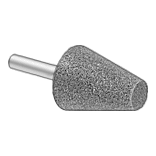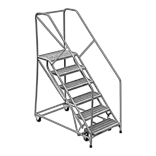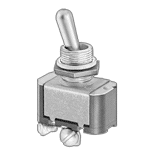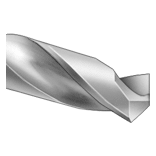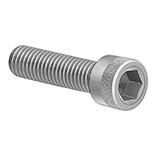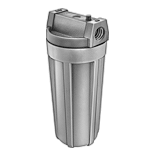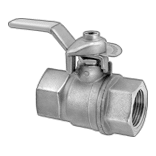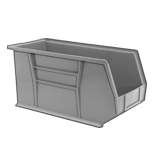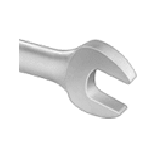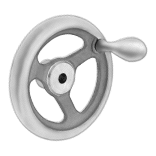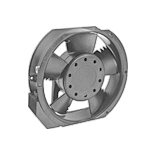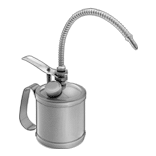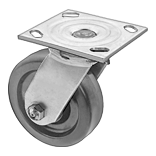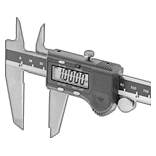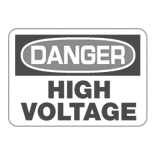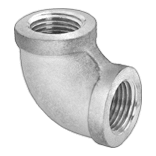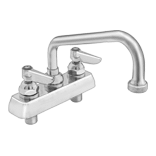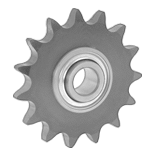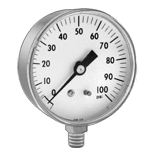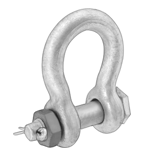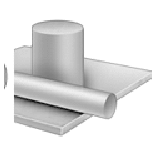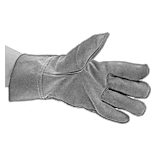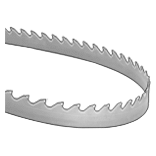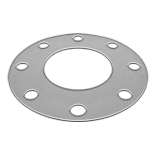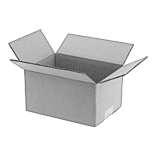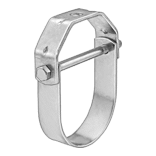About Hammers
More
About Plastic Hammer Faces
More
Mallets

Drive chisels and strike work without damaging its surface. To avoid marring, choose a mallet with faces that are softer than your workpiece. Lighter weight mallets are good for tapping work into place and driving a chisel to make small cuts. Use heavier weight mallets when assembling joints, dislodging stuck parts, and making aggressive cuts with a chisel. Longer mallets allow for more powerful swings.
Rawhide faces are more durable than plastic and won't distort the surface of soft sheet metal, such as brass, aluminum, and copper.
Hickory handles resist vibration.
Mallets cannot be sold to the listed areas due to import regulations.

| Head Wt. | Face Dia. | Overall Lg. | Grip Style | Handle Replaceable | Cannot Be Sold To | Each | ||
Rawhide Head with Hickory Handle | ||||||||
|---|---|---|---|---|---|---|---|---|
| D | 11 oz. | 2" | 11 3/4" | Plain | Replaceable | Canada | 0000000 | 000000 |
Replaceable-Face Mallets

Replace faces when they become worn rather than replacing the entire tool. These mallets are suitable for driving chisels and striking work without damaging its surface. Choose a mallet with a face that's softer than your workpiece to avoid marring it when tapping or striking. Lighter weight mallets are good for tapping work into place and driving a chisel to make small cuts. Use heavier weight mallets when assembling joints, dislodging stuck parts, and making aggressive cuts with a chisel. Longer mallets allow for more powerful swings.
Rubber and plastic faces are softer than metal faces, so they're good for striking plastic, wood, and sheet metal. All have a face hardness rating for comparing their hardness with other rubber and plastic faces. Hard faces have a hardness similar to that of a bowling ball. White rubber faces are nonmarking.
Hickory and ash handles resist vibration.
For technical drawings and 3-D models, click on a part number.
